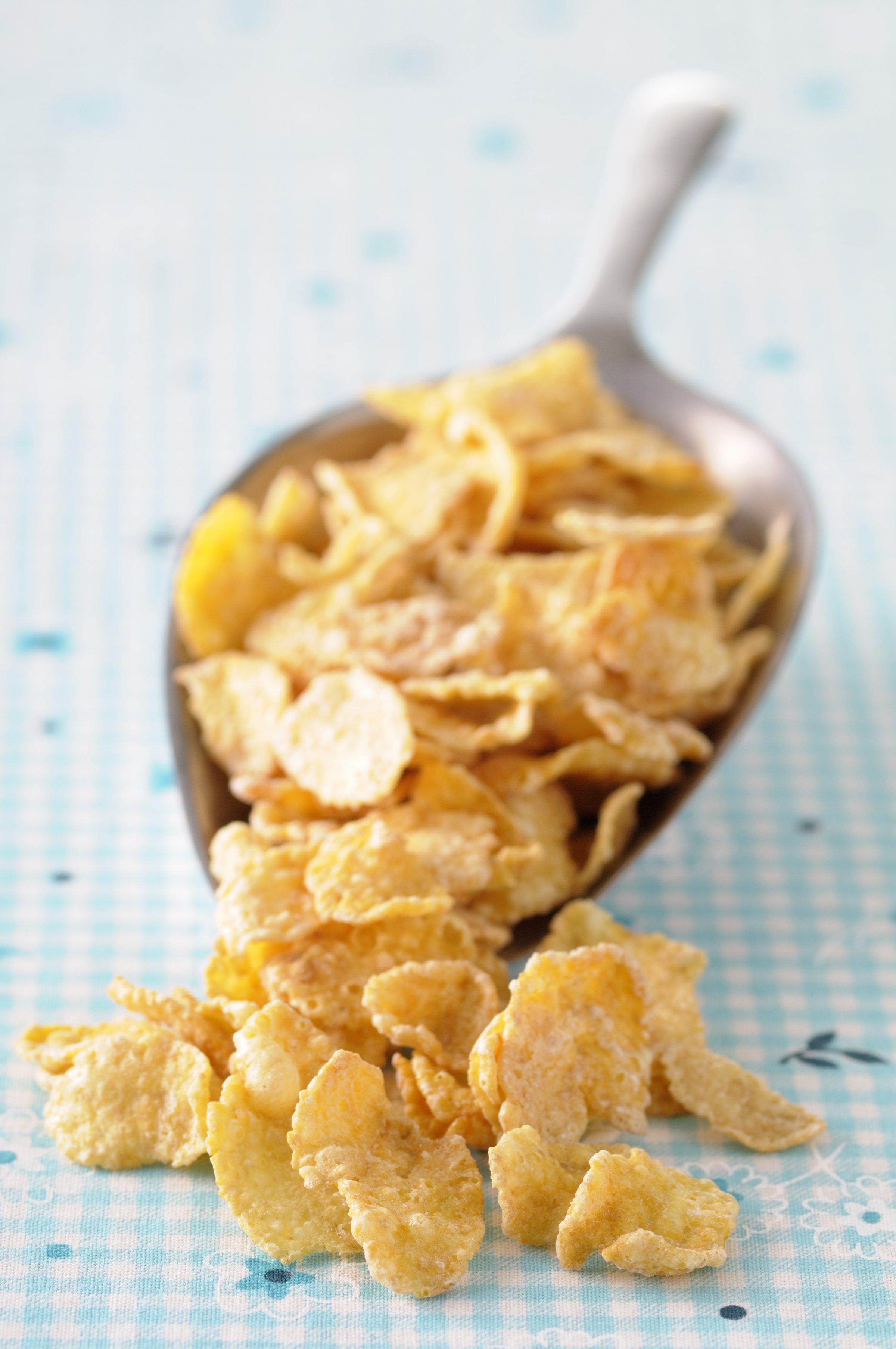
Portion control is a big part of a healthy diet, affecting everything from calorie to nutrition intake. But people have a hard time sizing up how much they should be eating. The FDA recently addressed this by announcing major revisions to the standard nutrition label, including making serving sizes more reflective of how much people actually eat.
It turns out, reducing food volume can also mislead people into thinking they’re taking in fewer calories, which can then lead to eating more than they would have. Penn State researchers found that when cereal flakes were crushed to reduce their size, people poured smaller volumes of cereal into their bowls but still ate a greater amount in terms of weight and calories.
Researchers tested how influential the volume of food is by offering adults four opaque containers, each the same weight, filled with a wheat flake cereal that was its original size, 80%, 60%, or 40% of the volume. Participants were asked to pour the amount they wanted in a bowl before adding as much milk and sweetener as they wanted. As flake size was reduced, subjects poured smaller volumes of cereal, thinking that they were taking in the same or fewer number of calories. But the smaller volumes still ended up containing more weight and calories than the bowl of normal-sized flakes. The smaller the flake, the more cereal eaten.
“People have a really hard time judging appropriate portions,” Barbara Rolls, professor of nutritional sciences and Helen A. Guthrie Chair in Nutrition, told Penn State News. “On top of that you have these huge variations in volume that are due to the physical characteristics of foods, such as the size of individual pieces, aeration and how things pile up in a bowl. That adds another dimension to the difficulty of knowing how much to take and eat.”
Rolls believes that cereals with smaller pieces should have reduced recommended serving sizes to account for their low volume.
More Must-Reads from TIME
- Donald Trump Is TIME's 2024 Person of the Year
- Why We Chose Trump as Person of the Year
- Is Intermittent Fasting Good or Bad for You?
- The 100 Must-Read Books of 2024
- The 20 Best Christmas TV Episodes
- Column: If Optimism Feels Ridiculous Now, Try Hope
- The Future of Climate Action Is Trade Policy
- Merle Bombardieri Is Helping People Make the Baby Decision
Write to Eliana Dockterman at eliana.dockterman@time.com